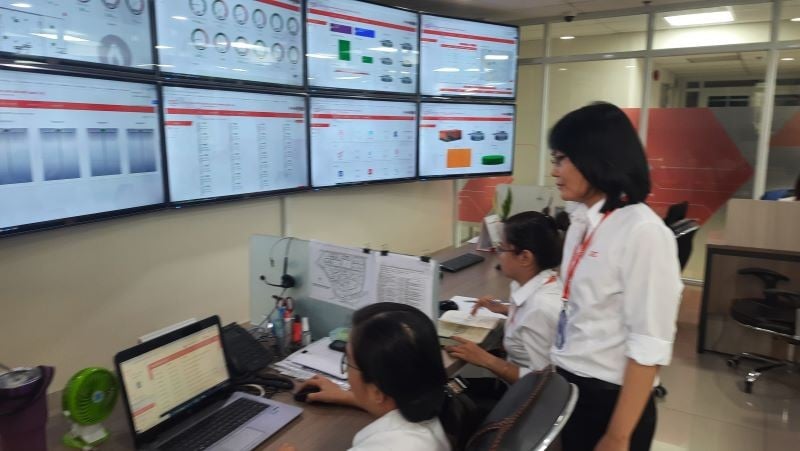
It is predicted that by 2030, AI could contribute up to 80 billion USD to Vietnam’s GDP if widely applied. However, this achievement can only be achieved if our country has a strong enough team of experts, engineers and data scientists to master and innovate the technology.
"Supply" does not meet "demand"
Aiming to build a smart city, Ho Chi Minh City is actively implementing digital transformation and applying AI in many areas of social life. Therefore, developing and building an AI human resource ecosystem plays a very important role in the current context.
Ho Chi Minh City's advantage is not only being the economic center of the country but also being home to many universities, where high-quality human resources are trained, including in the field of AI.
Currently, the city has about 35 schools with information and communication technology training programs. However, there are only 14 training programs in AI, data science, and data engineering with the target of training more than 1,000 university students.

According to the survey results on human resource needs in the AI industry by the University of Natural Sciences (Ho Chi Minh City National University), nearly 60% of surveyed enterprises said that the current quality of AI human resources only meets part of the demand; nearly 26% said that the quality of AI human resource training has not met the requirements of the labor market...
This shows that the city’s AI human resources are still limited in quality and quantity, failing to meet the needs of businesses. The city needs to focus on training and developing human resources, especially those with specialized skills and updated with new AI technologies.
At the same time, support policies from the State are also essential to promote the improvement of the quality of AI human resources.
In the context of the 4.0 industrial revolution, AI has become a key driving force for innovation and economic growth globally.
Experts say that in the context of the 4.0 industrial revolution, AI has become a key driving force for innovation and economic growth globally.
For Ho Chi Minh City, aiming for sustainable growth, developing AI human resources is not only an important factor for international integration but also an opportunity to improve competitiveness and modernize socio-economic fields.
However, besides great potential, AI human resource development is facing many challenges, requiring comprehensive and effective solutions.
Mr. Pham Chi Thanh, Network-Computer Management Specialist, CJ Vina AGRI Co., Ltd. said: AI is one of the high-tech trends, becoming an indispensable part of modern life.
However, the rapid development of AI also poses a major problem: human resources. To develop AI human resources, it is necessary to invest in systematic AI education and training; strengthen international cooperation to learn from experience and share resources; encourage innovation and practical application through community and business projects.
At the same time, develop AI career orientation programs for students, as well as establish AI research centers to ensure equal distribution in training and application.
By implementing these strategies, the city can fully become an AI development hub in the region and the world.
A synchronous solution is needed.
To improve the quality of AI human resource development, according to Master Tran Linh Huan, Ho Chi Minh City University of Law, it is necessary to deploy comprehensive and synchronous solutions in many fields.
First of all, the training program needs to be innovated in the direction of updating practical content and catching up with global AI technology trends, such as deep learning, generative AI, big data...
At the same time, it is necessary to integrate interdisciplinary skills such as AI ethics, social responsibility and problem-solving skills to equip students with more comprehensive knowledge.
Strengthen and expand practical training models, through developing real projects and case studies from business issues, helping students effectively apply knowledge into practice.

According to Master Tran Linh Huan, universities need to develop a team of lecturers and experts in the field of AI. First of all, retraining lecturers is a top priority, with the goal of updating new knowledge about modern AI technologies, helping lecturers better meet teaching and research requirements.
In addition, it is necessary to build attractive incentive mechanisms to attract AI researchers and experts from abroad to teach and work, contributing to improving human resource quality and sharing international experience.
Experts believe that in order to train AI human resources to meet business requirements, cooperation between schools and businesses is essential. This is considered an important solution to improve training quality and meet labor market needs.
To do this, first of all, businesses need to actively participate in the process of designing training programs, ensuring that learning content is suitable for practical requirements, helping students after graduation to meet recruitment criteria.
In addition, businesses should also invest in funding research and development (R&D) projects at universities, both to support the improvement of the school's research capacity and to take advantage of young human resources and creative ideas from researchers and students.
This close cooperation not only benefits both sides but also contributes to developing high-quality human resources, promoting innovation and competition in the market.
Source: https://nhandan.vn/nguon-nhan-luc-ai-vai-tro-then-chot-cho-doi-moi-tang-truong-post915848.html


![[Photo] 60th Anniversary of the Founding of the Vietnam Association of Photographic Artists](/_next/image?url=https%3A%2F%2Fvphoto.vietnam.vn%2Fthumb%2F1200x675%2Fvietnam%2Fresource%2FIMAGE%2F2025%2F12%2F05%2F1764935864512_a1-bnd-0841-9740-jpg.webp&w=3840&q=75)
![[Photo] Cat Ba - Green island paradise](/_next/image?url=https%3A%2F%2Fvphoto.vietnam.vn%2Fthumb%2F1200x675%2Fvietnam%2Fresource%2FIMAGE%2F2025%2F12%2F04%2F1764821844074_ndo_br_1-dcbthienduongxanh638-jpg.webp&w=3840&q=75)




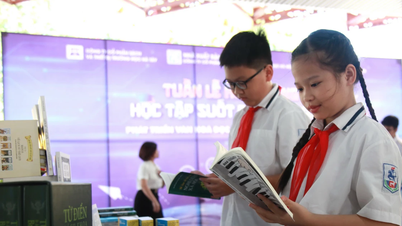



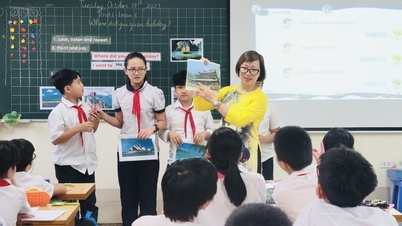

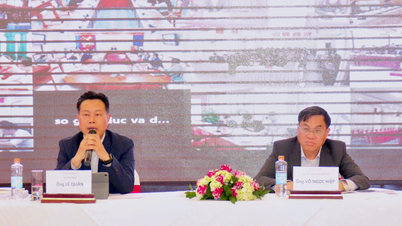







![[Infographic] Air pollution and recommendations from the Ministry of Health](https://vphoto.vietnam.vn/thumb/402x226/vietnam/resource/IMAGE/2025/12/05/1764950568593_screen-shot-2025-12-05-at-222015-png.webp)




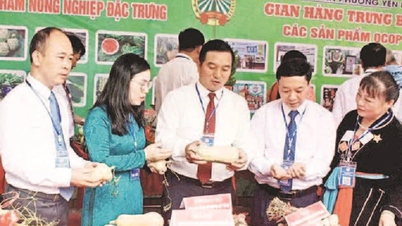








































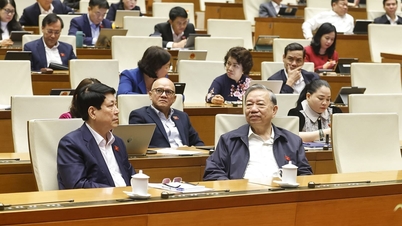






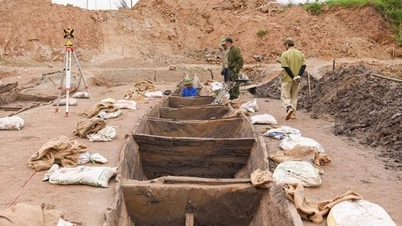
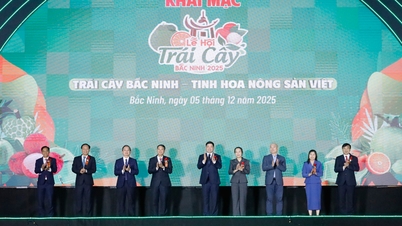



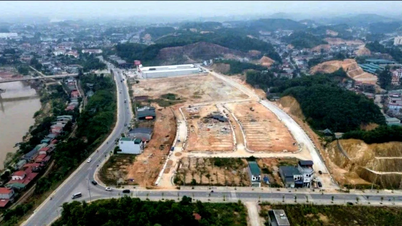

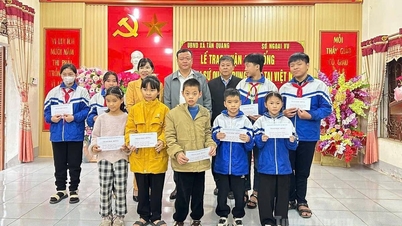


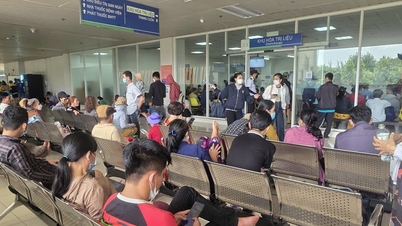












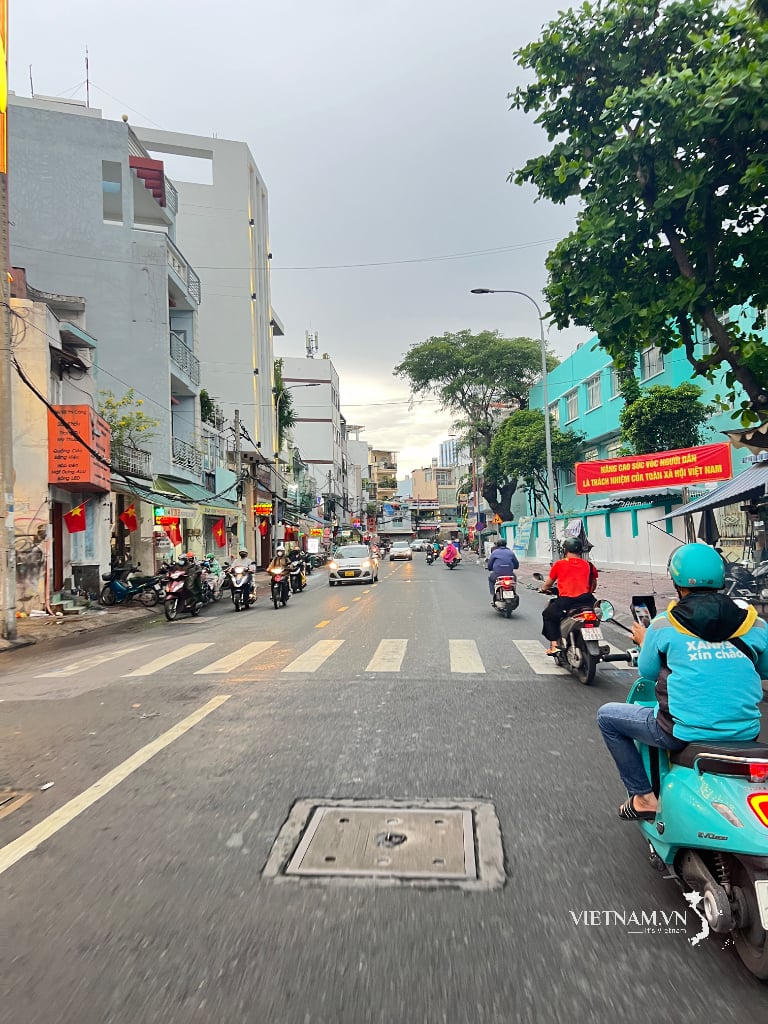




Comment (0)